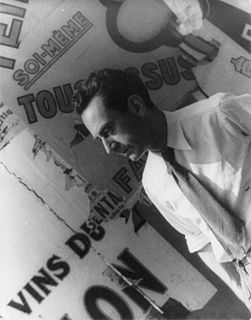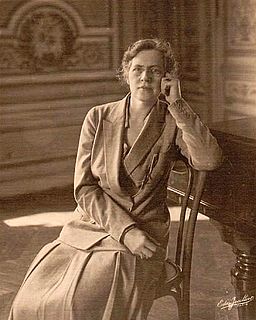A Quote by Clive Bell
All sensitive people agree that there is a peculiar emotion provoked by works of art.
Related Quotes
When we approach games, we're always emotional-focused, so if a free-to-play business model works against the emotion, we won't use it. If it actually works well with the emotion, or if we can come up with a new way to do monetization that's different and that's unique for the game, I would go for that.
Whereas life separates meaning from emotion, art unites them. Story is an instrument by which you create such epiphanies at will, the phenomenon known as aesthetic emotion...Life on its own, without art to shape it, leaves you in confusion and chaos, but aesthetic emotion harmonizes what you know with what you feel to give you a heightened awareness and a sureness of your place in reality.
Ancient art has a specific inner content. At one time, art possessed the same purpose that books do in our day, namely: to preserve and transmit knowledge. In olden days, people did not write books, they incorporated their knowledge into works of art. We would find a great many ideas in the works of ancient art passed down to us, if only we knew how to read them.
































